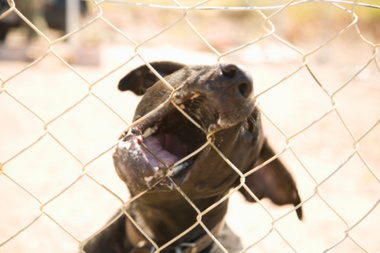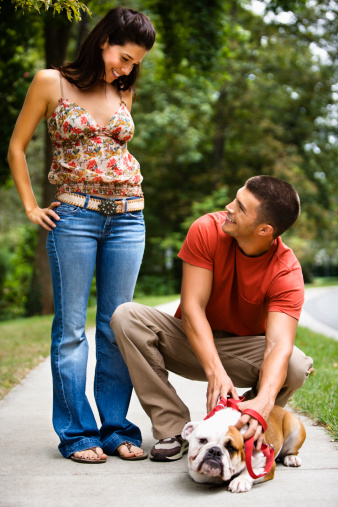In the U.S., car crashes are the number one cause of death for everyone ages 1-34, with teens crashing four times more often than any other age group. Based on the latest available data, IIHS reports that more than 670 people were killed on July 4 from 2007-2011, which equates to an average of 134 deaths on that day each year.
Teens accounted for six percent of the driving fatalities on July 4, but continue to be particularly susceptible to distracted driving incidents. Recent research found that 75 percent of teens admit that they find reading and responding to texts distracting behind-the-wheel, which is up significantly from the 49 percent reported by teens in 2009.
Putting down the phone, never texting while driving and always wearing a safety belt can help make sure that everyone returns home safely after their Independence Day celebrations. It's great to see that teens are evolving in their behavior and perceptions around texting, but research still found that 39 percent of teen drivers admit to texting behind the wheel and six percent say they do it a lot. This demonstrates the need for programs that educate about the dangers of distracted driving.
- Teens are watching: 55 percent of teens reported seeing their parents using a phone while driving, up from 37 percent in 2009.
- Do as I say, not as I do: Interestingly, only 32 percent of parents admit to making and answering phone calls while driving.
- Teens feel comfortable speaking up: 87 percent of teens say they would speak up in a car with someone who was driving in a way that made them feel scared or uncomfortable, up from 59 percent in 2009.
- Talk together about driving early and often. Parents should discuss the risks and responsibilities of driving with your child at a young age, and keep talking with their teen before, during and after the licensing process.
- Don't rush the training process. Just because teens have a permit or license doesn't mean they are ready for every driving condition. By easing into the training process, both parents and teens will feel assured they are more prepared for a variety of driving situations.
- Never text or drive distracted. Parents should be positive role models when they're behind the wheel. All drivers can pledge not to text and drive, and help reduce distracted driving deaths and injuries.
Contact us for all your Insurance needs! (321)725-1620
Bob Lancaster Insurance
Serving Florida since 1964




